Why Mechanical Testing is Essential for Material Performance and Safety
High temperature publications 2024
Application Notes
Key Reasons for Conducting Mechanical Testing
Mechanical testing is performed to evaluate and understand the mechanical properties of materials and components. The main reasons for conducting mechanical testing include:
- Quality Control – Ensures materials meet required standards and specifications.
- Material Selection – Helps in choosing the right material for a specific application based on its mechanical properties.
- Performance Evaluation – Assesses how materials perform under stress, strain, temperature, and other conditions.
- Design Validation – Verifies that materials or components will function safely and reliably in their intended environment.
- Failure Analysis – Helps identify why materials or products fail and improves future designs.
Mechanical testing is essential for ensuring durability, safety, and efficiency in various industries like automotive, aerospace, construction, and manufacturing.
For immediate assistance, you can reach us by phone or email. Our team is always happy to answer any queries you have, big or small. Check our contact details below:
- Phone: +441978261615
- Email: info@micromaterials.co.uk
- Office Address: Willow House • Yale Business Village • Ellice Way • Wrexham • LL13 7YL • United Kingdom
- Business Hours : We operate from 08:30am to 05:00pm Monday through Friday, and we aim to respond to all messages within 24 hours.
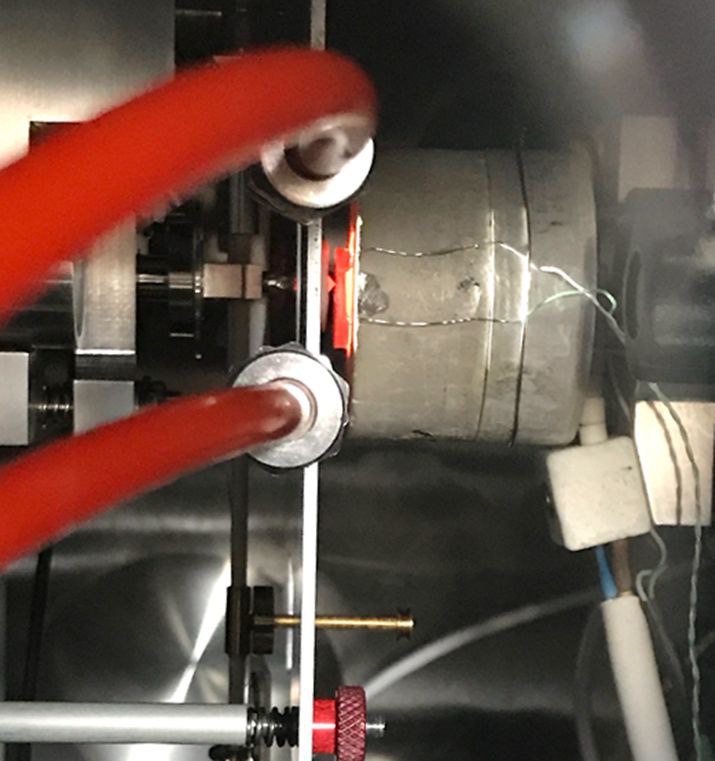
Inside a NanoTest Xtreme nanomechanical test system, capable of testing at high temperatures, upto and exceeding 1000 °C , under high vacuum conditions
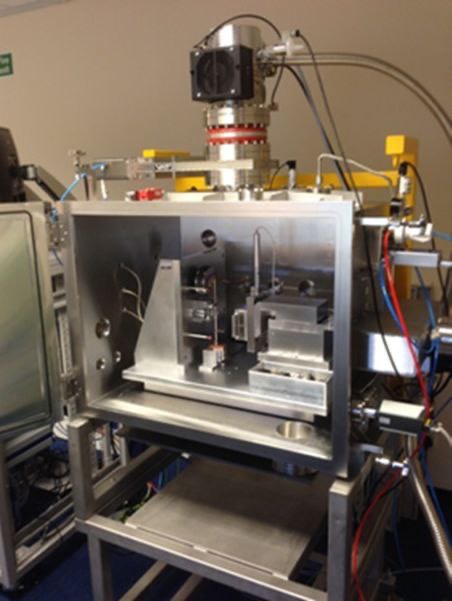
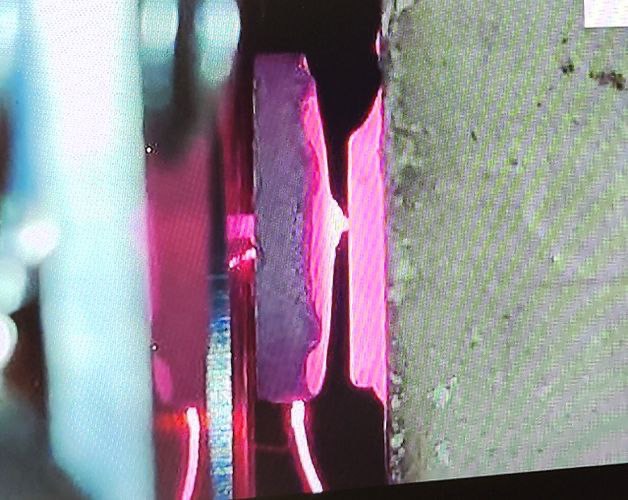
Image showing high temperature nanoindentation testing at temperatures over 900 °C using the NanoText Xtreme instrument supplied by Micro Materials Ltd
Image taken by Adrian Harris of Micro Materials Ltd, showing localised heating at 950 °C on an Xtreme system
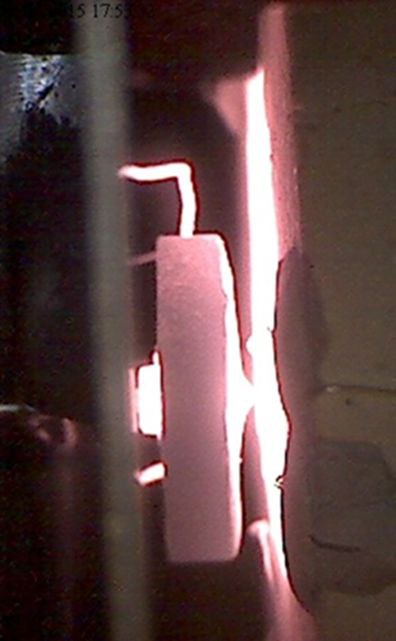
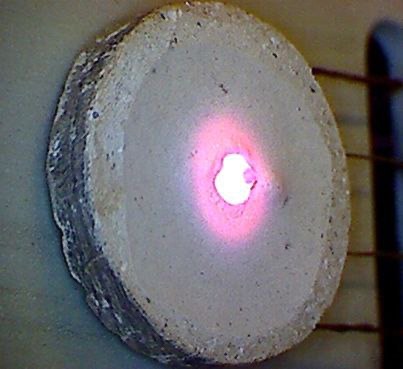
Image taken by Andrew Bird (Micro Materials Ltd), showing localised heating at
750 °C on an Xtreme system in use at the University of Oxford
Nanomechanical testing to 1000 °C
Application Notes
High temperature micro-scratch and impact
Technical Notes
High temperature creep resistance
Application Notes
Nuclear materials
Application Notes
Explore More
To further enhance your experience and understanding, we invite you to check out the following pages on our website that we believe are essential to your journey with us:
- High-Temperature Nanoindentation Testing for Advanced Material Characterization
- Advanced Nano Scratch and Wear Testing for Coatings and Materials
- Nano-Impact Testing for Advanced Material Performance in High-Stress Applications
These pages offer valuable insights and resources to help you achieve your goals.